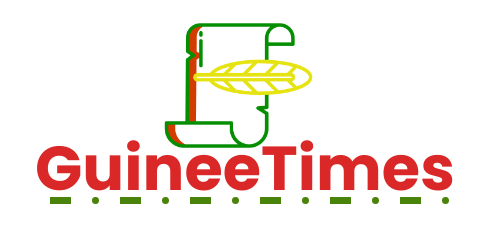Guinee Conakry - Resources
Geography of Guinea Conakry
Guinea Conakry, often simply referred to as Guinea, is a country on the West Coast of Africa, known for its rich natural resources and diverse landscapes. From the lush forests of the Guinean Highlands to the scenic coastline along the Atlantic Ocean, Guinea's geography is both varied and spectacular. The country is home to the source of the River Niger, one of Africa's major rivers, highlighting its significant ecological value.
History of Guinea Conakry
The historical tapestry of Guinea Conakry is woven with periods of empire, colonization, and the quest for independence. Once a part of the great Mali Empire, Guinea fell under French colonial rule in the late 19th century. It gained independence in 1958 under the leadership of Ahmed Sékou Touré, marking a new era for the nation.
Politics of Guinea Conakry
Guinea's political landscape has been characterized by periods of turbulence and stability. Following independence, the country experienced a single-party rule, military coups, and democratic transitions. Recent years have seen efforts towards democratic governance, though challenges remain.
Economy of Guinea Conakry
The economy of Guinea Conakry is predominantly based on the mining sector, with bauxite, gold, and diamonds being the main exports. Agriculture also plays a crucial role in the livelihoods of its population, with farming, fishing, and livestock rearing as the primary activities. Despite its natural riches, Guinea faces economic challenges, including infrastructure development and attracting foreign investment.
Demographics of Guinea Conakry
Guinea is a melting pot of ethnic groups, including the Fulani, Mandinka, and Soussou, among others. This diversity is reflected in the country's languages, traditions, and social practices. With a population exceeding 12 million, Guinea is predominantly young, with a median age of around 19 years.
Culture of Guinea Conakry
The culture of Guinea Conakry is rich and vibrant, marked by its music, dance, and festivals. The country is renowned for its traditional music, particularly the use of the Djembe drum. Cultural practices and ceremonies often reflect the diverse ethnic backgrounds of its people.
Education in Guinea Conakry
Education in Guinea has seen progress and challenges. While enrollment rates have improved, the education sector still faces issues such as infrastructure quality, teacher training, and access to educational resources. Efforts are ongoing to enhance the educational system and promote literacy and learning across the country.
Healthcare in Guinea Conakry
The healthcare system in Guinea Conakry faces significant challenges, including limited access to medical facilities, a shortage of healthcare professionals, and public health issues such as malaria and Ebola. Initiatives to improve healthcare infrastructure and services are critical for the nation's well-being.
Tourism in Guinea Conakry
Although not a major tourist destination, Guinea offers unique attractions for those seeking adventure and natural beauty. From the Fouta Djallon highlands to the Loos Islands, tourists can explore stunning landscapes, wildlife, and cultural heritage sites.
Transportation in Guinea Conakry
Transportation infrastructure in Guinea Conakry is in the process of development. The country's road network, railways, and ports are key to connecting communities and facilitating trade. Improvements in transportation are vital for economic growth and regional integration.
At Guineetimes, we are dedicated to shedding light on the multifaceted aspects of Guinea Conakry. From its rich cultural heritage and picturesque landscapes to the ongoing efforts in political stability, economic development, and social progress, Guinea remains a country of immense potential and resilience. Join us in exploring the stories that shape Guinea and keep abreast of the latest developments in this vibrant West African nation.

